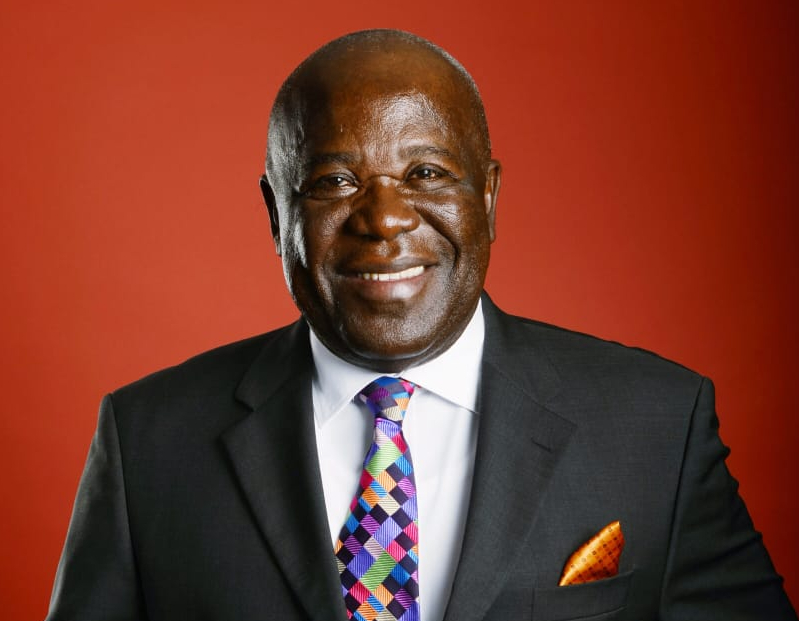


In the wake of Ghana's December 7, 2024 elections, Sir Sam Jonah has publicly condemned the tragic election-related deaths that have marred the electoral process. He emphasized that no Ghanaian should lose their life while exercising their civic rights, urging for thorough investigations and accountability regarding these incidents. Jonah's remarks came during a reflection on the elections, where he commended the Electoral Commission and the Ghana Police for their efforts in managing the electoral process [b5dd72fc].
Jonah's call for unity resonates with the ongoing discussions about the integrity of the electoral system, which has been under scrutiny due to allegations of partisanship within the Electoral Commission. Dr. Eric Bossman Asare, the Deputy Chairman of the EC, previously urged citizens to trust the institution rather than its individual members, amidst criticisms from retired Justice William Atuguba who labeled some members as 'stooges' of the ruling New Patriotic Party (NPP) [346375bd].
The political climate in Ghana has been charged, with the opposition National Democratic Congress (NDC) demanding a forensic audit of the voter register, citing concerns over irregularities. This tension has been exacerbated by economic challenges highlighted by Dr. Cassiel Ato Forson, the Minority Leader, who criticized the government's handling of the economy, claiming it is 'bleeding' due to high living costs and ineffective tax policies [269bfd14].
As the nation grapples with these issues, Jonah also emphasized the importance of addressing economic challenges and strengthening democratic institutions. He quoted Ghana's first President, Dr. Kwame Nkrumah, on the necessity of nation-building and called for patriotism and solidarity among citizens to foster national development [b5dd72fc].
The combination of electoral integrity concerns, economic struggles, and calls for unity presents a complex landscape for Ghana as it seeks to move forward from the recent elections and work towards a more stable and unified future [269bfd14].